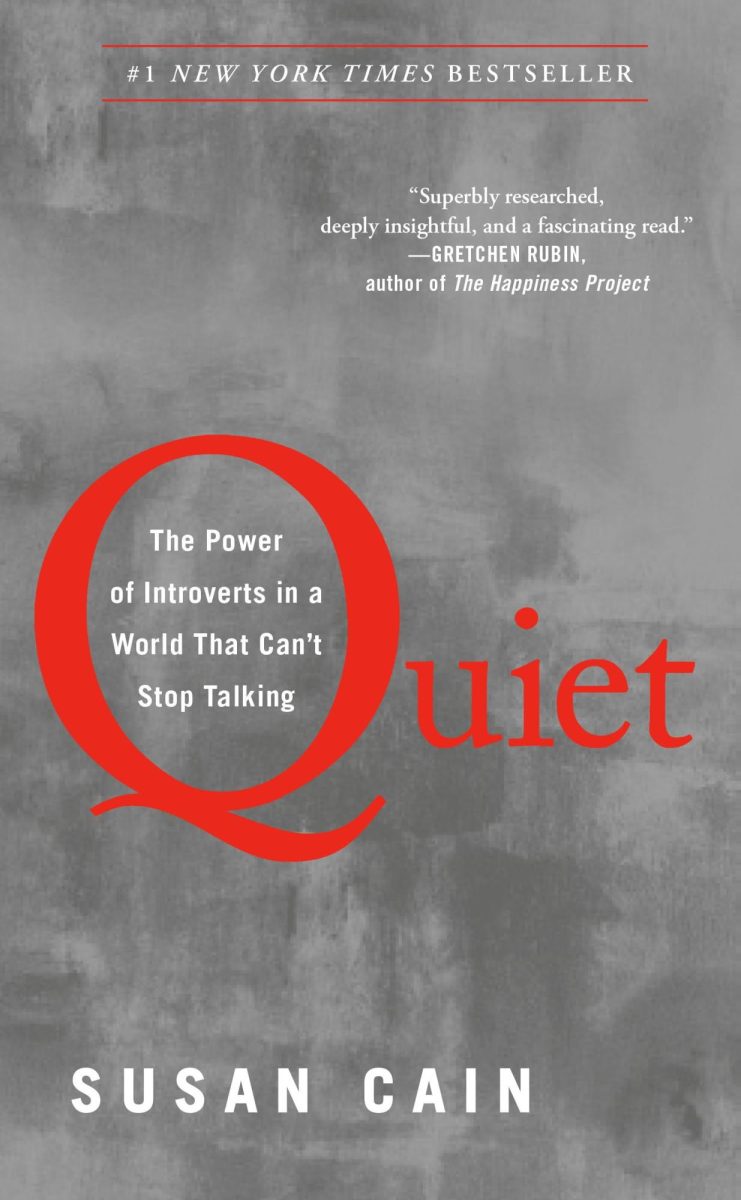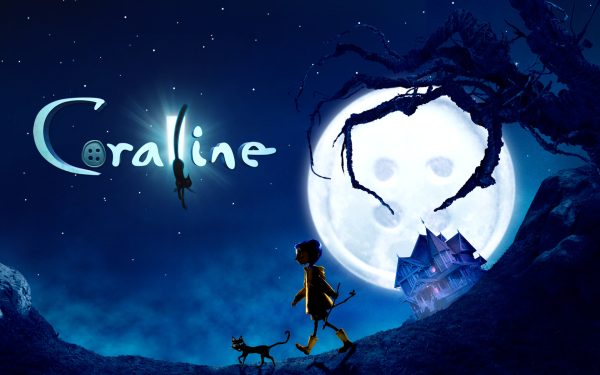In the book Quiet: The Power of Introverts in a World That Can’t Stop Talking, Susan Cain illustrates years and years of research, experiments, self-investigation, and improvement in a detailed and interesting way. She mentions notable introverts like Steve Wosniak, Theodore Geisel (Dr. Seuss), and Rosa Parks, to argue that introverts are “dramatically undervalued”.
Throughout the whole book, Cain defends introverts, and explains that being an introvert doesn’t mean there is something wrong with the person. She explains that people who identify as introverts are “highly sensitive”, which means that they react to stimuli or situations quicker, or with more emotion than of an extrovert.
Cain writes with confidence, and with knowledgeable information that shows she is passionate about this topic. As an introvert herself, she wants to explain to other introverts that there could be a reason why they are an introvert, and is committed to sharing those reasons, in very high detail. In each story she tells, there is a level of detail that makes each story seem like it could be one book itself. Her high detail and high explanation makes the information much easier to understand. She doesn’t completely speak in psychologist terms, and it makes the book seem as if it was written by a really good teacher, one that takes the time to understand each concept that they are teaching.
She explains that both introverts and extroverts excel in certain types of environments, and while an extrovert may be really great at one thing, introverts may be better at something else, and vice versa. This interested me, as I thought about my little brother. He is the polar opposite of myself. He is social, talks to everyone, and plays almost every sport known to man. On the other hand, I am not very social, and I have a few close friends, and I am very committed and comfortable with my one sport: dance. I knew that we were polar opposites, but to have someone other than my mother explain to me why he seems to have more friends than I do, it made me feel a lot better about myself. It was good to hear that just because I value a closer and deeper relationship with someone, that it doesn’t make me a lonely and sad person.
Cain brings up a very intriguing and prevalent point about working in groups. Almost everywhere, many workplaces are implementing an environment where working as a team is much more beneficial. So beneficial in fact, that schools have been influenced to move desks together to encourage group work, which is seen all over the world. Cain argues against that theory, because although the “two minds are better than one” strategy can be successful, she states that it is a creator of peer pressure and conformity. During most group projects, soft-spoken introverts agree with the outspoken extroverts, and their ideas never get expressed. This also interested me, as group work is something that I do on a daily basis. It is highly encouraged by my teachers, and I do find it helpful sometimes, although I also get intimidated by what others have to say. Usually I end up comparing myself to others, and it isn’t always good for me. I wonder if less group work would create more authentic grades? Ones that are true to the student, and their knowledge, and not what others think. I think that it could be an interesting experiment to do, and one that could further the research on how people learn.
I got this book for Christmas a couple years ago, and at first it felt a bit accusatory. It came from my parents (we all know my mom picked it out), and my mom especially likes to make playful jokes about me being an introvert and being very socially anxious. I regularly hear phrases like “Sarah, I can’t do the talking for you.”, or “Sarah, what are you going to do when you go to college and have to be independent?” I try explaining to people that it physically hurts at times to do something out of my comfort zone, but sometimes I feel as if they don’t fully get it. At the end of the day, I know all jokes are not serious, and that my family loves me very much, but I couldn’t help but feel slightly upset. As I started to read this book, I started to feel a connection with Cain, as her experiences and feelings are very similar to mine. It felt really good to find someone that I could fully relate to, and not bash me for not wanting to go up to order my own food.
Overall, I really enjoyed this book. Although it did seem a little repetitive at times, It truly helped me understand the concepts more. I would definitely recommend this book, but if you are a person that doesn’t always like lots of repetition, then I’m not sure how much you would like this book. I think that if you want to understand introversion and extroversion more, then you should definitely read this. It really opened my eyes to lots of different concepts of why people are introverts or extroverts, and what behaviors actually define the meaning of introversion and extroversion.









